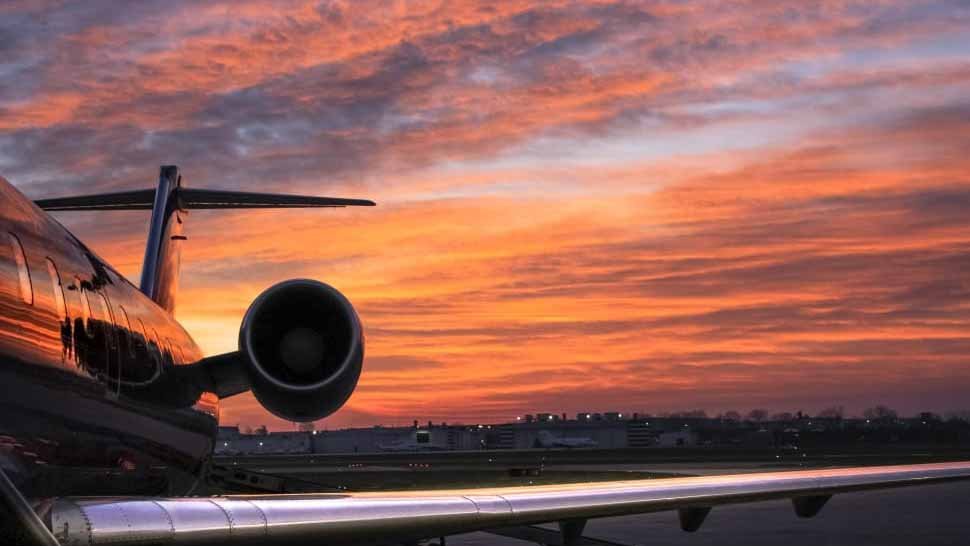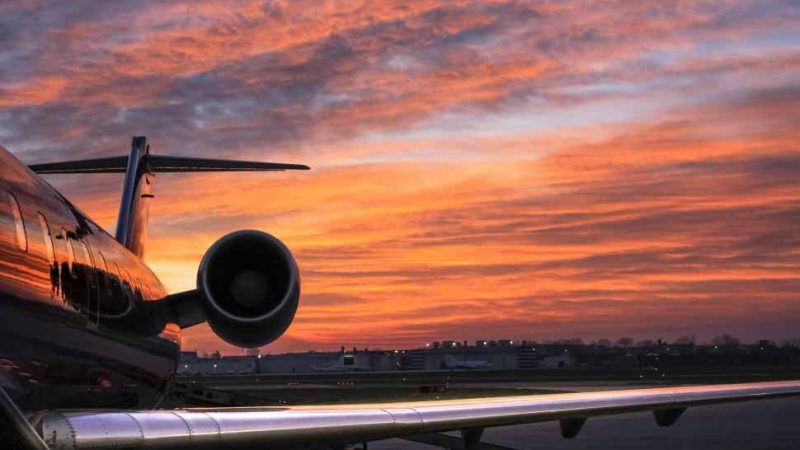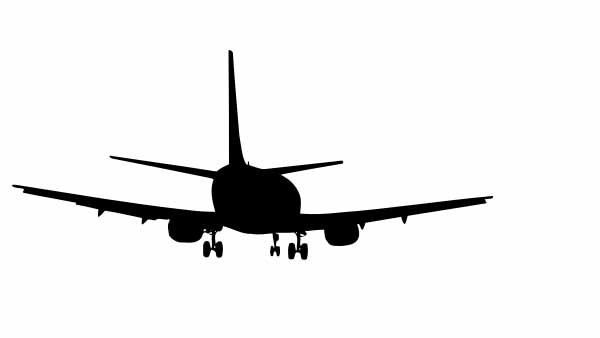Half the World’s Airline Companies Could Vanish into Thin Air
New forecasts from IATA paint a bleak picture for recovery under a “U”-shaped curve
April 15, 2020


The International Air Transport Association (IATA) released an updated analysis this week profiling the damage wrought by the COVID-19 crisis on the global airline industry. Airline passenger revenues are projected to drop by $314 billion in 2020, a 55% drop over 2019.
On March 24, IATA estimated $252 billion in lost revenues (-44% vs. 2019) in a scenario with severe travel restrictions lasting three months.
The updated figures reflect a significant deepening of the crisis since then, and reflect the following parameters:
• Severe domestic restrictions lasting three months
• Some restrictions on international travel extending beyond the initial three months
• Worldwide severe impact, including Africa and Latin America (which had a small presence of the disease and were expected to be less impacted in the March analysis).
Full-year passenger demand (domestic and international) is expected to be down 48% compared to 2019.The two main elements driving this are:
• Overall Economic Developments: The world is heading for recession. The economic shock of the COVID-19 crisis is expected to be at its most severe in Q2 when GDP is expected to shrink by 6% (by comparison, GDP shrank by 2% at the height of the Global Financial Crisis). Passenger demand closely follows GDP progression. The impact of reduced economic activity in Q2 alone would result in an 8% fall in passenger demand in the third quarter.
• Travel Restrictions: Travel restrictions will deepen the impact of recession on demand for travel. The most severe impact is expected to be in Q2. As of early April, the number of flights globally was down 80% compared to 2019 in large part owing to severe travel restrictions imposed by governments to fight the spread of the virus. Domestic markets could still see the start of an upturn in demand beginning in the third quarter in a first stage of lifting travel restrictions. International markets, however, will be slower to resume as it appears likely that governments will retain these travel restrictions longer.
“The industry’s outlook grows darker by the day. The scale of the crisis makes a sharp V-shaped recovery unlikely. Realistically, it will be a U-shaped recovery with domestic travel coming back faster than the international market. We could see more than half of passenger revenues disappear. That would be a $314 billion hit. Several governments have stepped up with new or expanded financial relief measures but the situation remains critical. Airlines could burn through $61 billion of cash reserves in the second quarter alone. That puts at risk 25 million jobs dependent on aviation. And without urgent relief, many airlines will not survive to lead the economic recovery,” said Alexandre de Juniac, IATA’s Director General and CEO.
Financial Bailout
Juniac underscored that governments must include aviation in stabilization packages. Airlines are at the core of a value chain that supports some 65.5 million jobs worldwide. Each of the 2.7 million airline jobs supports 24 more jobs in the economy.
“Financial relief for airlines today should be a critical policy measure for governments. Supporting airlines will keep vital supply chains working through the crisis. Every airline job saved will keep 24 more people employed. And it will give airlines a fighting chance of being viable businesses that are ready to lead the recovery by connecting economies when the pandemic is contained. If airlines are not ready, the economic pain of COVID-19 will be unnecessarily prolonged,” said de Juniac.
IATA suggests:
• Direct financial support to passenger and cargo carriers to compensate for reduced revenues and liquidity attributable to travel restrictions imposed as a result of COVID-19;
• Loans, loan guarantees and support for the corporate bond market by governments or central banks. The corporate bond market is a vital source of finance for airlines, but the eligibility of corporate bonds for central bank support needs to be extended and guaranteed by governments to provide access for a wider range of companies.
• Tax relief: Rebates on payroll taxes paid to date in 2020 and/or an extension of payment terms for the rest of 2020, along with a temporary waiver of ticket taxes and other government-imposed levies.
Passengers—business or leisure—will also need to have their confidence restored, Juniac noted in his remarks this week.
• They won’t return to travel until they feel personally safe in doing so.
• They will need to have confidence that their travel will not be interrupted by the disease or by quarantine restrictions,
• And they must have confidence in the economic situation.
“I don’t underestimate the challenges that are ahead. The keys to success, however, are well-known in the aviation world—cooperation and harmonization,” he said. “Successive unilateral actions by states can shut down aviation as we have seen. But unilateral actions cannot restart aviation. Governments must work with each other and together with the industry.”





